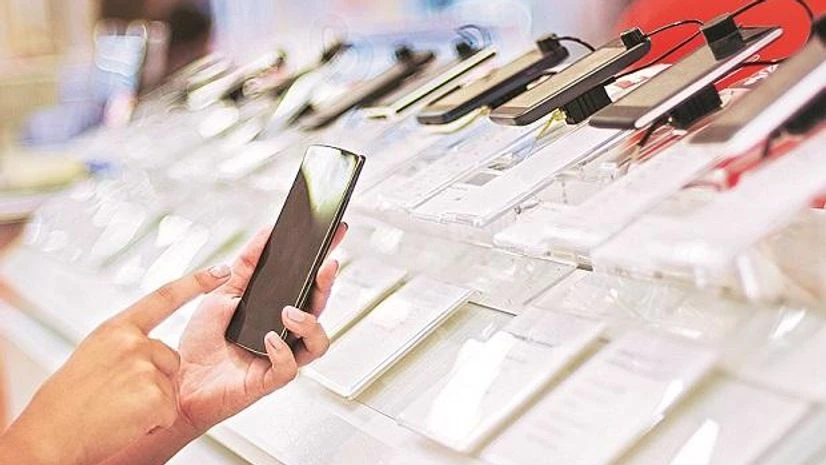Multiple online sales festivals, new launches and price corrections on a few key models by brands helped smartphone shipments in India grow 9.3 per cent in the July-September quarter to touch record 46.6 million units, research firm IDC said on Monday.
Sequentially, Smartphone shipments were higher by 26.5 per cent in the third quarter ended September 2019 compared to the previous quarter. IDC expects the smartphone market to see only mid-to-high single-digit year-on-year growth in 2019.
"This can be attributed to a strong undercurrent of passive consumer sentiment and muted shipments in the last quarter of the year due to a record Q3 2019 when channel stock levels went up," IDC India Research Director (Client Devices and IPDS) Navkendar Singh said.
Additionally, the unabated aggression of the online players will continue to be a challenge for the offline channel, which remains the largest channel for smartphones in India, he added.
"All these give us an indication of sluggish growth next quarter," Singh said.
The feature phone market, which accounted for 43.3 per cent of the total mobile phone shipments, registered a 17.5 per cent year-on-year (y-o-y) decline in the September 2019 quarter to 35.6 million units.
More From This Section
Shipments of 4G-enabled feature phones declined 20.3 per cent y-o-y due to heavy inventory in the channel, while that of the 2G and 2.5G market fell 16.2 per cent in the said quarter, IDC said.
"The continued aggression by the online platforms with attractive cashback and buyback offers as well as affordability schemes like no-cost EMIs (equated-monthly instalments) and financing options were key in taking the share of the online channel to a record high of 45.4 per cent with y-o-y growth of 28.3 per cent," IDC India Associate Research Manager (Client Devices) Upasana Joshi said.
According to IDC, the offline channel "continued to face challenges", leading to a 2.6 per cent y-o-y decline in the third quarter.
Even as the offline channel players tried to match their offers in line with the online players, they fell short of the attractive deals that a consumer could grab in the online space and were still dealing with leftover inventory from previous quarters, the report said.
Consumer enquiries and footfall were relatively slow at the retail counters through September, compared to the previous years, it added.
Xiaomi continued to lead the tally with 27.1 per cent share, followed by Samsung (18.9 per cent), Vivo (15.2 per cent), Realme (14.3 per cent) and Oppo (11.8 per cent).
The average selling price for the overall smartphone market was $ 159, up 2.7 per cent y-o-y.
The low-end price segment of $ 200 accounted for 80 per cent of the smartphone market in the September quarter, while the mid-range segment ($ 200-500) contributed 18.9 per cent of the shipments.
The fastest-growing segment was the $ 300-500 with double the shipments y-o-y as models like the OnePlus 7, Xiaomi Redmi K20 Pro and Vivo V15 Pro saw good traction, IDC said.
The premium (over $ 500) segment saw Apple continuing to dominate the market with a share of 51.3 per cent on the back of "affordability offers and price drops on previous generation models".

)
